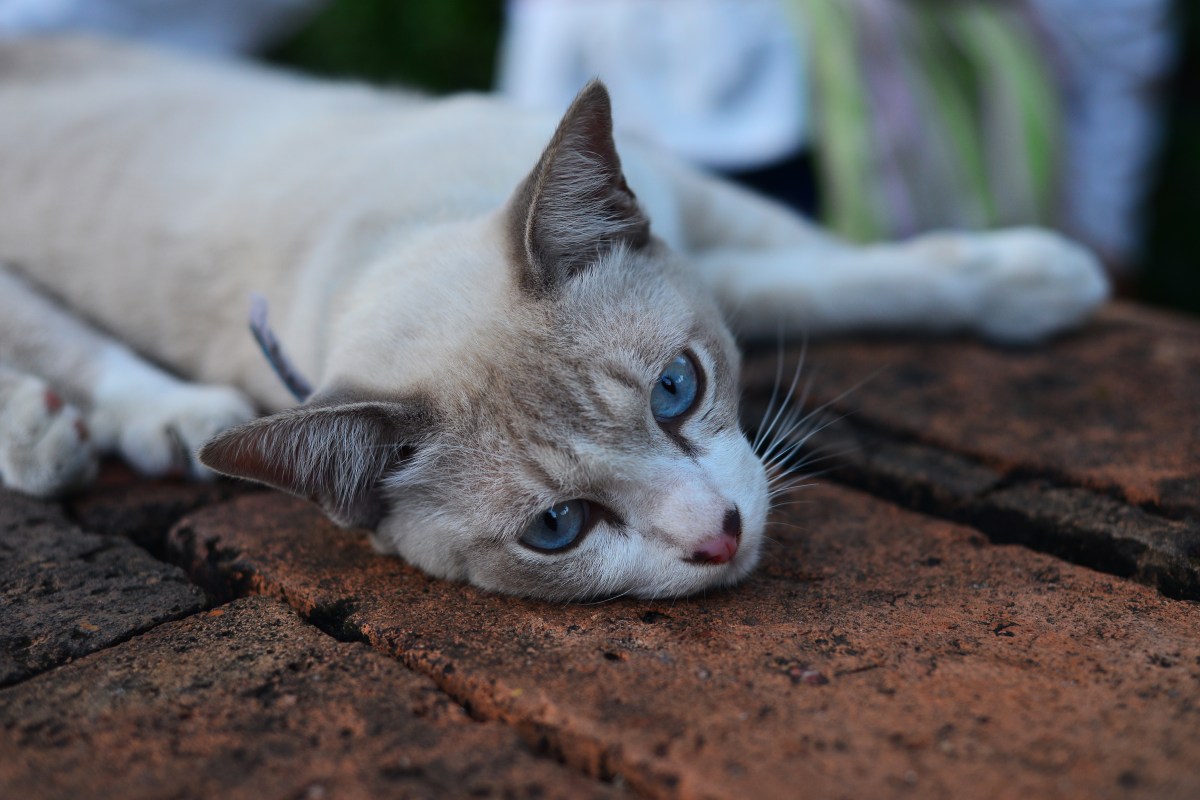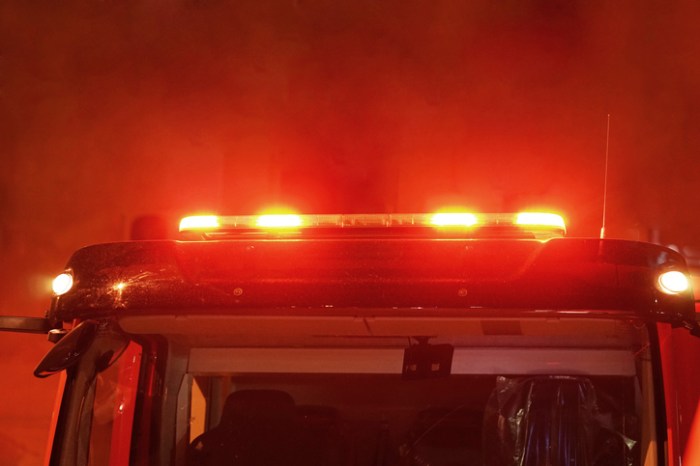Hundreds of cats exposed to the Avian flu at Animal Care Centers (ACC) in Manhattan, Staten Island and Brooklyn were transported to a center in Long Island City late last month where they are currently being treated.
The Animal Care Center in Long Island City is currently serving as a quarantine center for 499 cats who were exposed to the Avian Flue or H7N2. On Dec. 29, ACC and the Mayor’s Alliance for NYC Animals transported the animals to be monitored after showing mild flu-like symptoms such as sneezing or running nose. The ASPCA responders are also caring for the cats.
Medical teams are currently tending to the cats by providing antibiotics and IV fluids. The cats will be quarantined and will undergo lab tests until they are healthy and no longer contagious, which usually takes 45 to 90 days.
“Responders from the ASPCA, ACC and other agencies are working around the clock to safely monitor and care for these cats,” said ASPCA President & CEO Matt Bershadker. “Once the cats are healthy and no longer contagious, we’ll do everything we can to help them find homes.”
A professional cleaning company was hired to clean all ACC facilities, officials said.
ACC advises that all New Yorkers who adopted a cat from an ACC shelter between Nov. 12 and Dec. 15, 2016 should continue to monitor their cats for flu-like symptoms, including sneezing, coughing, runny nose and runny or red eyes.
If they notice these symptoms, owners should take their cats to a veterinarian; prior to visiting, they should inform the vet’s office that the cat may have been exposed to H7N2 in order for staff to make arrangements prevent exposure to other cats in the clinic.
A spokesperson for ASPCA said officials do not know where the outbreak originated from.
H7N2 is a type of avian influenza virus that can mutate and transfer to mammals, such as cats. Most infected cats have experienced only mild illness, and no other animal species at ACC have tested positive for H7N2, according to the Health Department.
The Health Department investigation of the H7N2 virus confirmed that the risk to humans is low. There has been only one cat-to-human transmission associated with this outbreak; there have been no cases of human-to-human transmission.
The ASPCA has implemented protocols to ensure the safety of the responders and cats. Protocols include decontamination training and personal protective equipment for all individuals in direct contact with cats from this population.

































